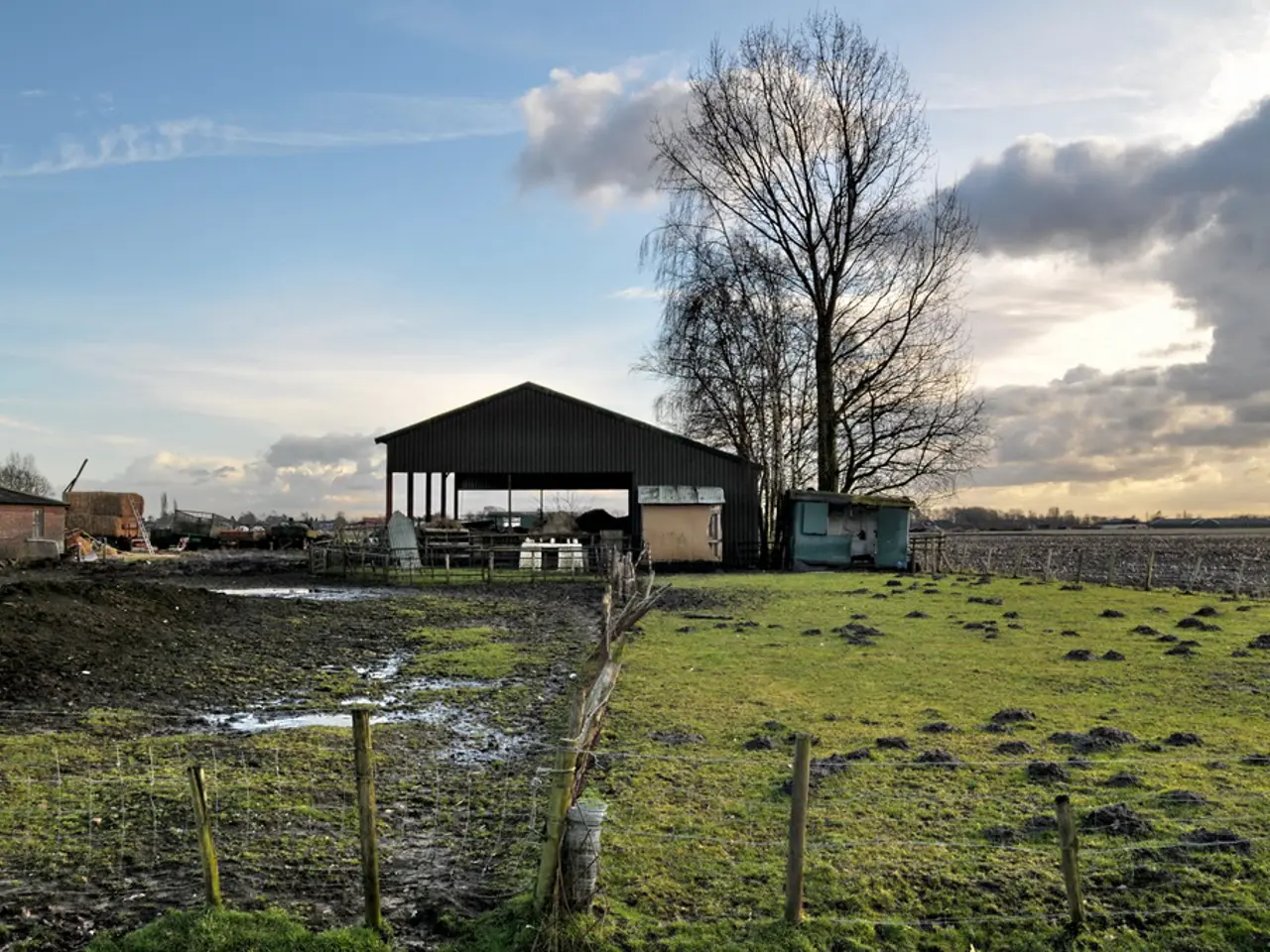England has implemented regulatory standards aimed at enhancing biodiversity, known as Biodiversity Net Gain rules.
A significant change is underway in England's development landscape. A new law, effective from February 2024, requires most new housing, road, and infrastructure projects to deliver a 10% net gain in biodiversity compared to pre-development levels. This law, known as the Biodiversity Net Gain (BNG) policy, is part of the Environment Act 2021 and aims to protect and enhance nature while providing consistent and transparent requirements for developers.
The BNG policy is designed to ensure that England's housing development doesn't come at the expense of its natural habitats. It mandates a 10% biodiversity improvement for most major developments, with minor developments following shortly after. The gain is measured using a statutory biodiversity metric tool, and developers who cannot achieve the gain onsite can purchase biodiversity units (offsets) from landowners or habitat banks who have legally secured land to create or enhance habitats. These habitats are managed and monitored over a minimum 30-year period, with legal agreements enforcing long-term habitat management on these BNG sites.
Peter Bachmann, managing director of sustainable infrastructure at Gresham House, has stated that the new BNG requirements in the UK will make it a world leader in natural capital regulation. He emphasizes the importance of supporting and scaling companies that offer fully funded solutions, providing long-term legal and financial certainty essential to properly avoid biodiversity loss. For investors, the new market for companies delivering BNG units now represents a unique opportunity to drive strong financial returns through positive impact.
The BNG market is growing, with demand reported to have reached over £210 million in inquiries by early 2025, although actual habitat delivery is slower. The success of BNG relies on policy stability, enforcement, and comprehensive application; policy changes or exemptions risk undermining market confidence and ecological outcomes.
The England BNG framework demonstrates a model where development can be legally tied to measurable biodiversity improvements, potentially influencing other countries considering nature-positive development policies. The establishment of habitat banking and biodiversity units trading creates a market mechanism that could be adapted internationally to finance biodiversity restoration and conservation. However, the success of BNG underscores the importance of policy stability and comprehensive application.
The new law, under the Town and Country Planning Act, also mandates that if a new development damages a green space, another must be recreated either on site or elsewhere. This provision aims to ensure that the UK achieves its net zero goals despite the potential carbon emissions and land destruction from the housing and road projects.
The UK government has set a target to build 300,000 new homes a year by the mid 2020s. The new BNG law, which came into force today for larger sites and will be implemented on 2 April for smaller schemes, is seen by industry experts as a start in the right direction to ensure England provides housing without sacrificing green space.
Other countries, including Sweden, Singapore, Wales, and Scotland, have expressed interest in copying the idea. Natalie Duffus, a biology and geography researcher from the University of Oxford, has commented that the new scheme is one of the most ambitious they've seen. Bachmann has described the new policy as a game changer, serving people and the planet by supporting development to solve the UK's housing crisis while also driving positive environmental impact.
However, the UK's climate goals have been met with criticism. Government advisors revealed in summer 2023 that the UK was missing climate targets on almost every front. Despite this, the BNG policy could provide a pathway towards a more sustainable future, demonstrating how legal mandates combined with market tools may unlock substantial funding for habitat restoration globally.
Read also:
- Amidst India's escalating climate crisis, transgender individuals continue to persevere
- Germany's three-month tenure under Merz's administration feels significantly extended
- Governing body allegedly persists in enjoying vacation time amidst Spain's highest danger level due to fires, claims Feijóo
- United Nations Human Rights Evaluation, Session 45: United Kingdom's Statement Regarding Mauritius' Human Rights Record








